Refine search
Actions for selected content:
313 results in Books and Monographs
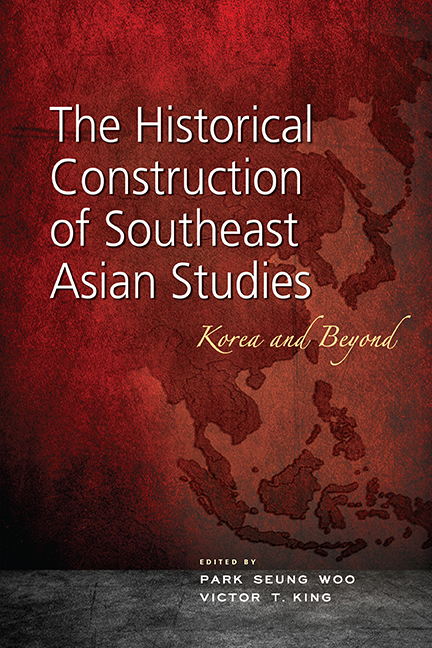
The Historical Construction of Southeast Asian Studies
- Korea and Beyond
-
- Published by:
- ISEAS–Yusof Ishak Institute
- Published online:
- 21 October 2015
- Print publication:
- 10 June 2013
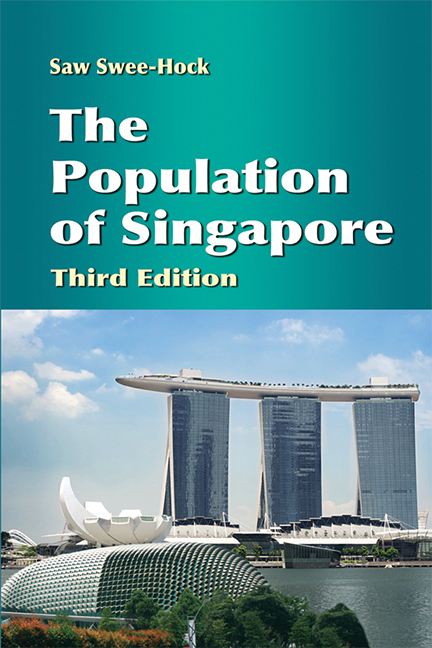
The Population of Singapore
-
- Published by:
- ISEAS–Yusof Ishak Institute
- Published online:
- 21 October 2015
- Print publication:
- 01 June 2012

Religious Diversity in Muslim-majority States in Southeast Asia
- Areas of Toleration and Conflict
-
- Published by:
- ISEAS–Yusof Ishak Institute
- Published online:
- 21 October 2015
- Print publication:
- 06 August 2014
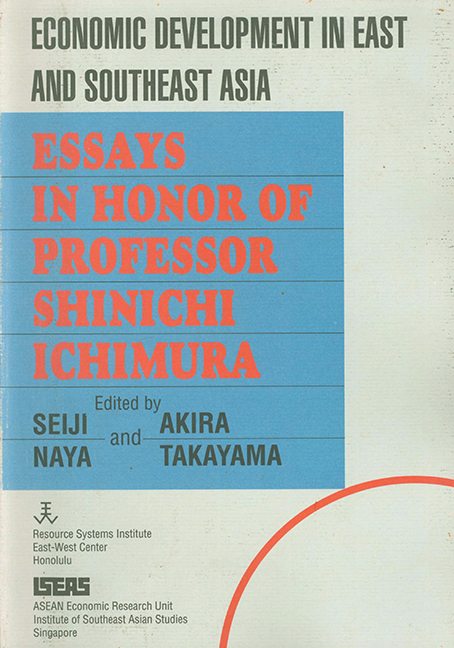
Economic Development in East and Southeast Asia
- Essays in Honor of Professor Shinichi Ichimura
-
- Published by:
- ISEAS–Yusof Ishak Institute
- Published online:
- 21 October 2015
- Print publication:
- 01 January 1990

Nationalism and Globalization
- East and West
-
- Published by:
- ISEAS–Yusof Ishak Institute
- Published online:
- 21 October 2015
- Print publication:
- 16 November 2000
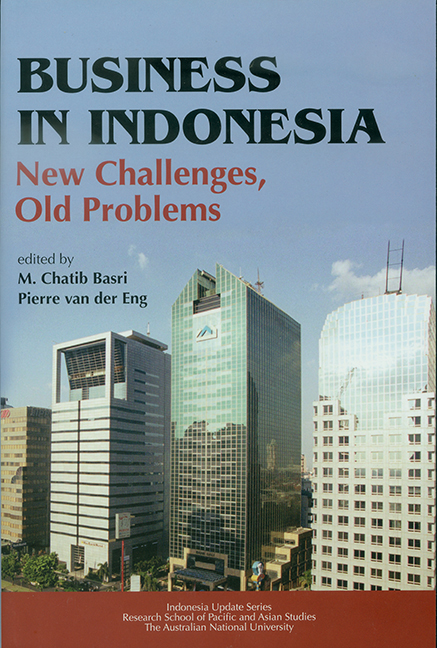
Business in Indonesia
- New Challenges, Old Problems
-
- Published by:
- ISEAS–Yusof Ishak Institute
- Published online:
- 21 October 2015
- Print publication:
- 12 May 2004
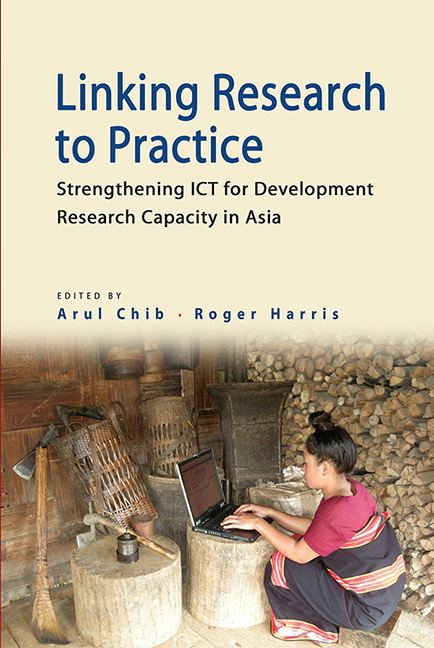
Linking Research to Practice
- Strengthening ICT for Development Research Capacity in Asia
-
- Published by:
- ISEAS–Yusof Ishak Institute
- Published online:
- 21 October 2015
- Print publication:
- 07 March 2012

The Indonesian Interisland Shipping Industry
- An Analysis of Competition and Regulation
-
- Published by:
- ISEAS–Yusof Ishak Institute
- Published online:
- 21 October 2015
- Print publication:
- 01 January 1987

Between Rising Powers
- China, Singapore and India
-
- Published by:
- ISEAS–Yusof Ishak Institute
- Published online:
- 21 October 2015
- Print publication:
- 22 August 2007

ASEAN's Myanmar Crisis
- Challenges to the Pursuit of a Security Community
-
- Published by:
- ISEAS–Yusof Ishak Institute
- Published online:
- 21 October 2015
- Print publication:
- 28 December 2009

The ASEAN Regional Forum
-
- Published by:
- ISEAS–Yusof Ishak Institute
- Published online:
- 21 October 2015
- Print publication:
- 30 September 2009

Law of the Sea Zones in the Pacific Ocean
-
- Published by:
- ISEAS–Yusof Ishak Institute
- Published online:
- 21 October 2015
- Print publication:
- 01 January 1987
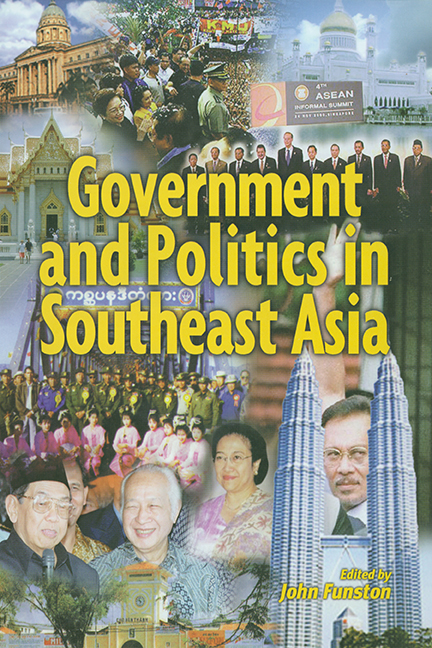
Government and Politics in Southeast Asia
-
- Published by:
- ISEAS–Yusof Ishak Institute
- Published online:
- 21 October 2015
- Print publication:
- 23 October 2001
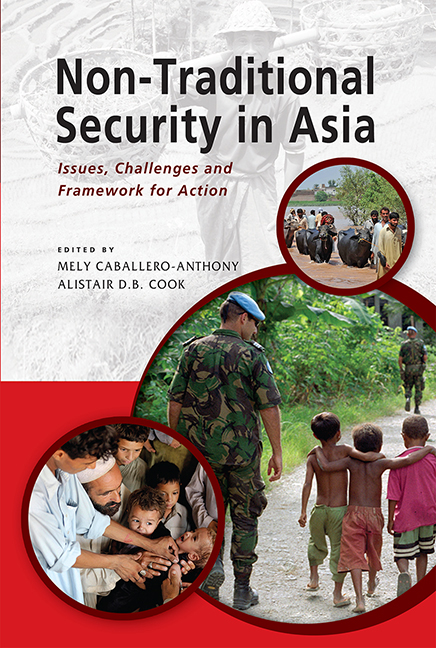
Non-Traditional Security in Asia
- Issues, Challenges and Framework for Action
-
- Published by:
- ISEAS–Yusof Ishak Institute
- Published online:
- 21 October 2015
- Print publication:
- 12 March 2013
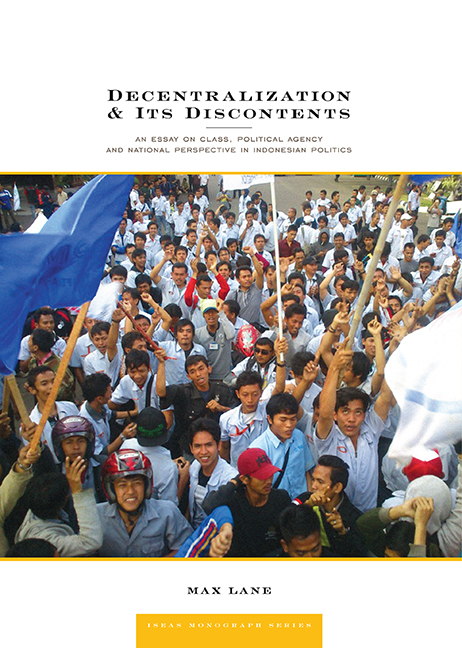
Decentralization and Its Discontents
- An Essay on Class, Political Agency and National Perspective in Indonesian Politics
-
- Published by:
- ISEAS–Yusof Ishak Institute
- Published online:
- 21 October 2015
- Print publication:
- 03 June 2014

Shari'a and Constitutional Reform in Indonesia
-
- Published by:
- ISEAS–Yusof Ishak Institute
- Published online:
- 21 October 2015
- Print publication:
- 10 September 2007
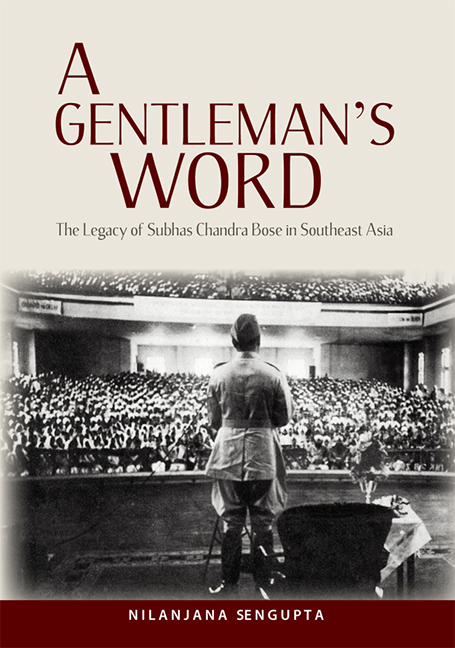
A Gentleman's Word
- The Legacy of Subhas Chandra Bose in Southeast Asia
-
- Published by:
- ISEAS–Yusof Ishak Institute
- Published online:
- 21 October 2015
- Print publication:
- 29 February 2012
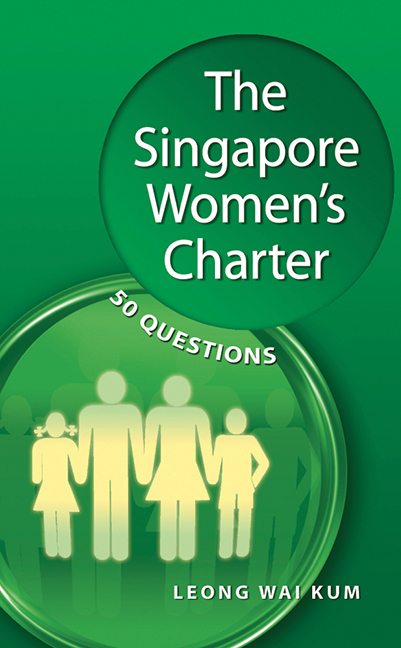
The Singapore Women's Charter
- 50 Questions
-
- Published by:
- ISEAS–Yusof Ishak Institute
- Published online:
- 21 October 2015
- Print publication:
- 24 January 2011

Governance, Politics and the Environment
- A Singapore Study
-
- Published by:
- ISEAS–Yusof Ishak Institute
- Published online:
- 21 October 2015
- Print publication:
- 09 July 2008
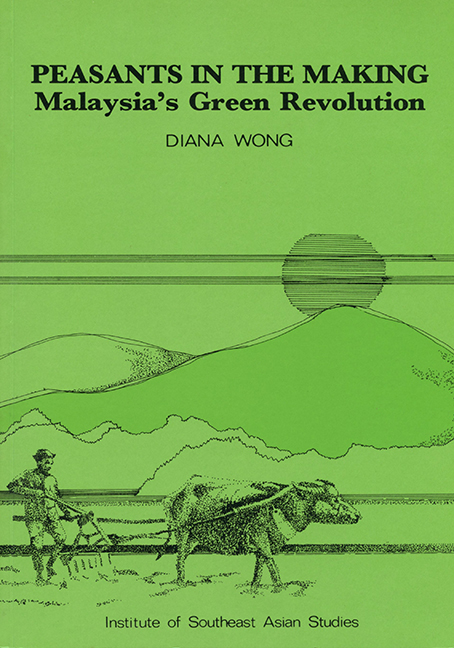
Peasants in the Making
- Malaysia's Green Revolution
-
- Published by:
- ISEAS–Yusof Ishak Institute
- Published online:
- 21 October 2015
- Print publication:
- 01 January 1987
